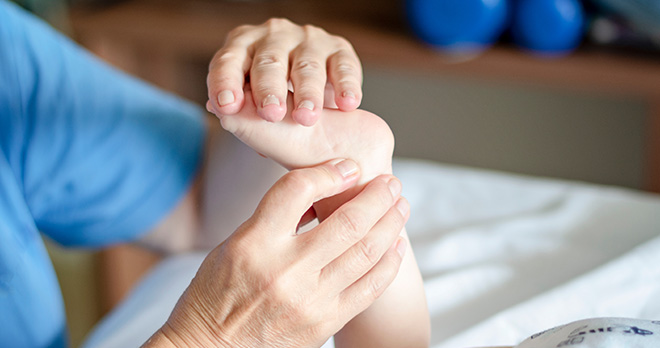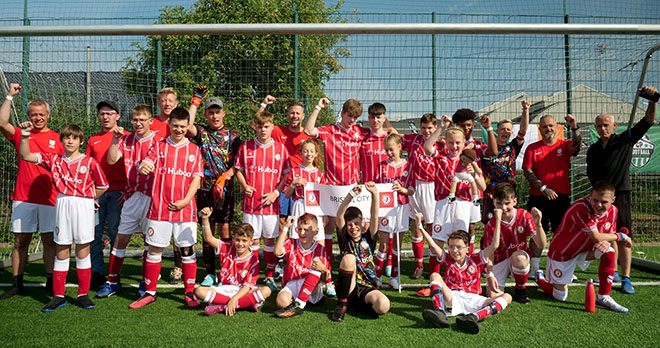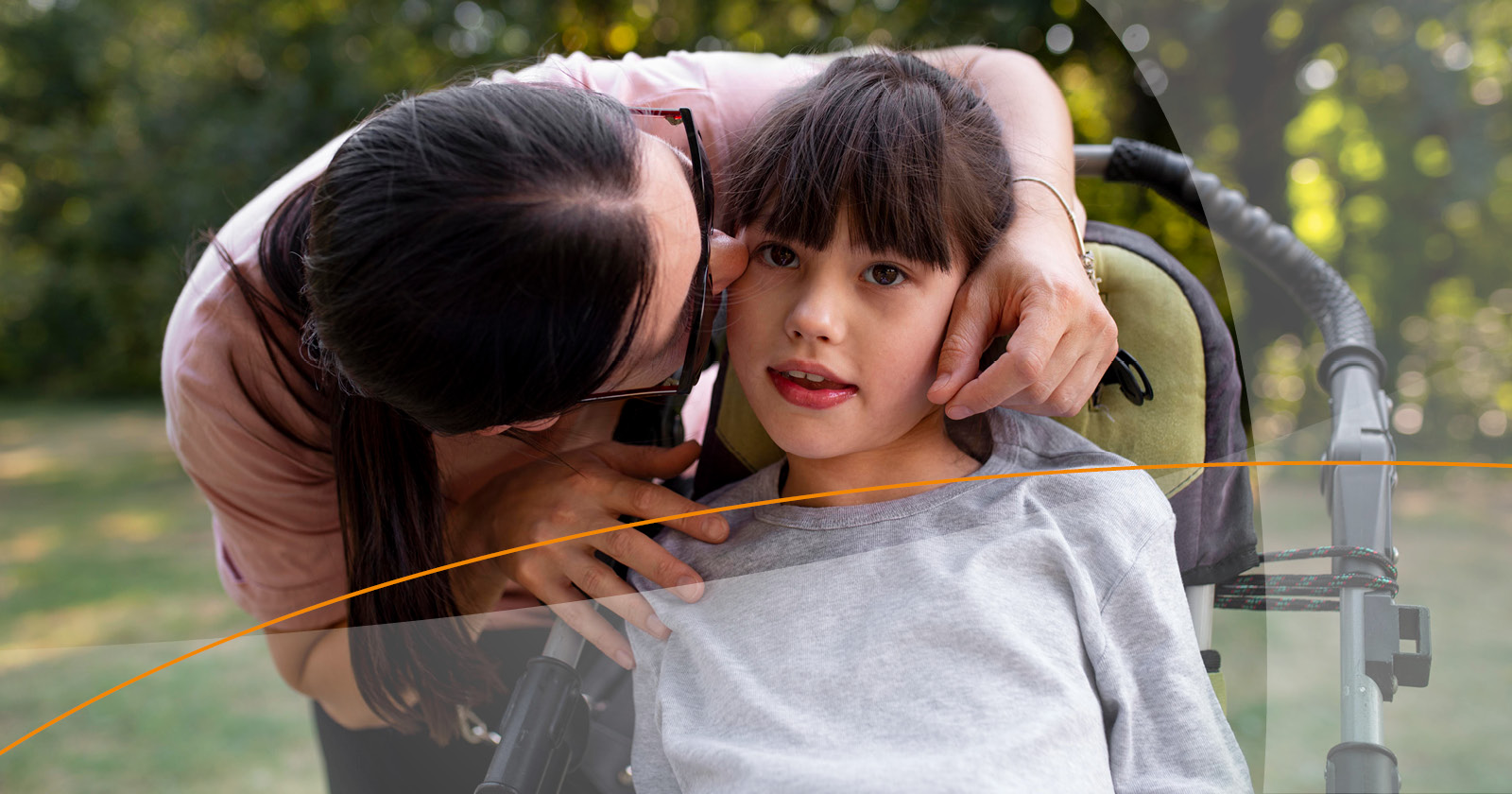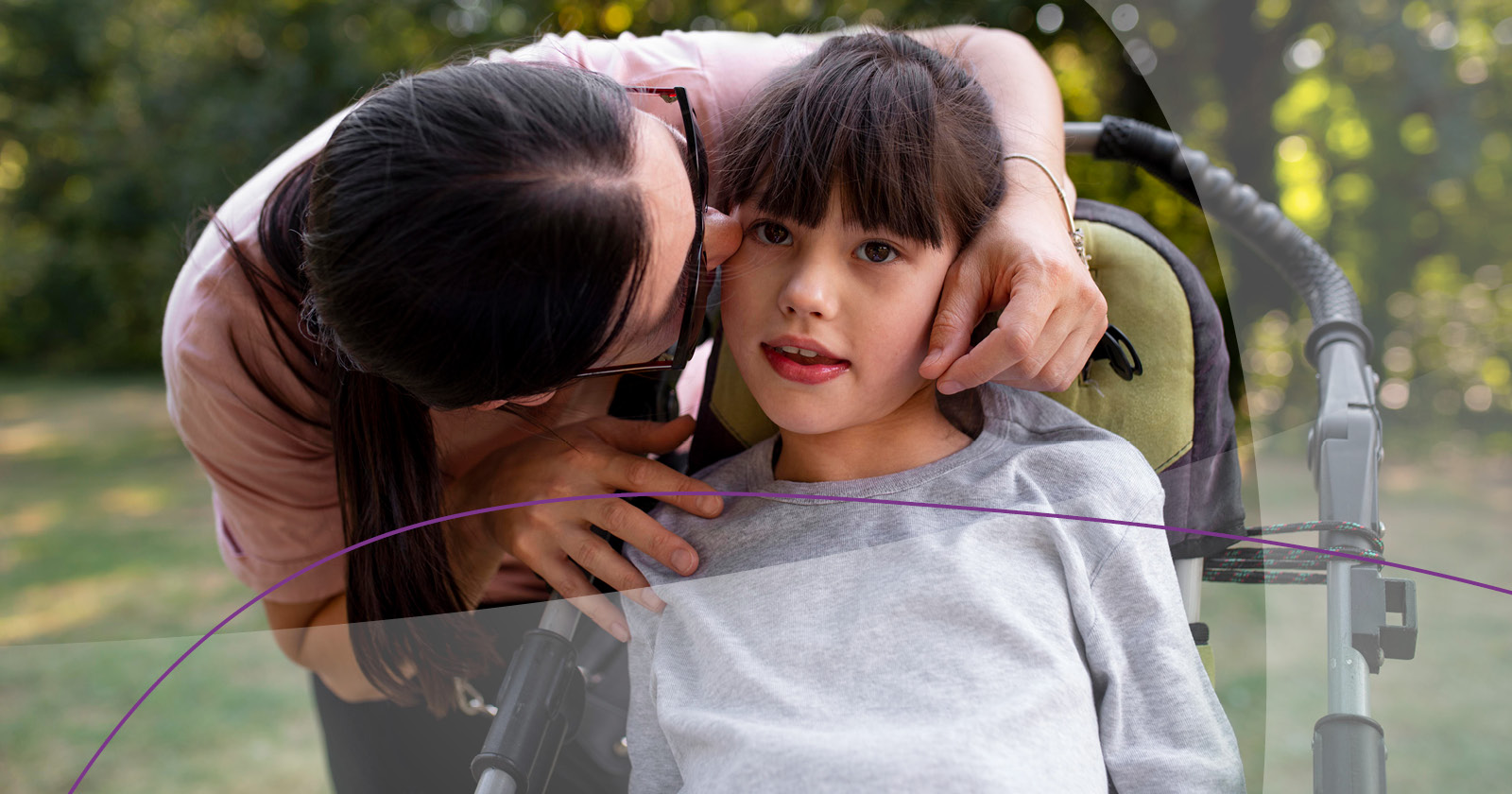Is hydrotherapy for children with cerebral palsy really necessary? What the latest research and case law says
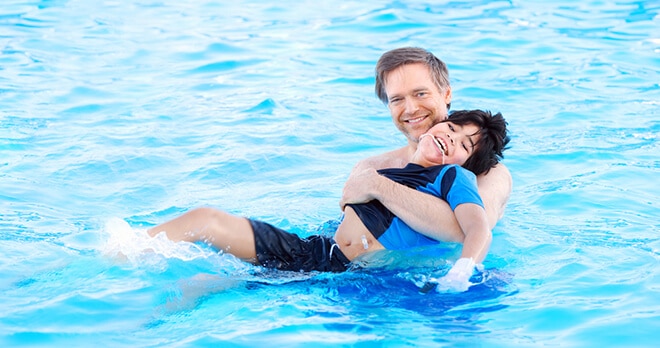
Believe it or not the above quote was the response of an eminent consultant child neurologist, instructed on behalf of a cerebral palsy claimant a number of years ago, when asked by leading counsel to justify why they would not support inclusion of hydrotherapy in the value of the claim.
What is hydrotherapy and why is it important?
Hydrotherapy has reportedly been used for an extremely long time, particularly in ancient cultures including India, Egypt and China. It basically uses water in various forms and temperatures to produce different effects on systems in the body. For children with cerebral palsy, hydrotherapy is an important part of the overall therapy regime to try and maximise their development and quality of life.
Hydrotherapy is therefore a potentially valuable part of a clinical negligence claim, and even more so if we want to argue that a child should have a hydrotherapy pool at home to provide them with regular, easy access to therapy.
What is the issue with hydrotherapy?
As above, many experts, and therefore defendant clinical negligence solicitors, argue that hydrotherapy should not form part of a clinical negligence claim for children with cerebral palsy. Their argument is based on the belief that there is a lack of evidence to support its use as a beneficial therapy. There is therefore no need, in their opinion, for an expensive hydrotherapy pool at home – either on the basis that the therapy has no evidence base as set out above, or because there are pools locally in the community which can be used instead.
It has certainly historically been very difficult to persuade the court that it is reasonable for a child with cerebral palsy, in a successful clinical negligence claim, to be provided with their own hydrotherapy pool. It has been long accepted that is not a reasonable or necessary need and expense for their future.
Some experts, and defendants, have even argued that the lack of cognitive ability means that severely disabled children are not able to discern benefit from hydrotherapy and/or that hydrotherapy adds nothing to land-based physiotherapy.
How could this be changed?
Relatively recently, as a result of developments in case law, it has been possible to argue that a private hydrotherapy pool at home is suitable in certain circumstances – namely the perceived need and benefit of a particular child, matched with a lack of local community hydrotherapy pool provision.
It is accepted that, for these purposes, any hydrotherapy needs to be given regularly in order to have the best effect. This is also confirmed in medical literature on the topic.
The starting point, in some respects, is to go back to the legal basics; damages are designed to put the injured person back in the position they would otherwise have been. This allows us to begin to argue that therapy, including hydrotherapy, should be allowed for children with cerebral palsy, as it enables them to try new activities that may return some normal function which they wouldn’t be able to otherwise. That in turn includes allowing them to experiment with what they would like to do.
With respect to whether or not children with more severe cognitive disability are aware of the hydrotherapy and its effects, as often argued, we shouldn’t assume what reaction people with cerebral palsy have to therapy, including hydrotherapy, deep down in their limited (at least to our eyes) functioning. It is said, in respect of the law upon capacity, that people are allowed to be foolish – yet in cerebral palsy clinical negligence cases so often the defendant approach is to disempower people and put them into the category of “can’t do that” or “won’t benefit cognitively from that”.
We need to argue that people with severe disabilities, particularly when their lives are so limited in many other ways, should be allowed to experiment, something they would always have enjoyed but for their negligently-caused severe injuries, and which we take for granted. This is especially important when anything which helps to expand their abilities has to be good.
As specialist clinical negligence lawyers acting on behalf of severely disabled people, we should take the neuropsychology approach. That is, empowering people with disabilities and therefore opening up the experiences available to the significantly disabled; we might well be surprised by the results.
The above could of course be dismissed as being quite idealistic or emotive, when the law generally requires cool, hard logic. This is where the medical research comes in.
The medical arguments for hydrotherapy
In a systematic review undertaken in 2011, looking at eight studies and including three randomised controlled trials which showed reported benefits, hydrotherapy was shown to:
- improve gross motor skills, and maintain improvements for three to six months after the intervention;
- improve function including walking efficiency, lower limb muscle strength, balance, respiratory function and reduced spasticity (tone);
- produce positive results for passive range of motion;
- improve performance, satisfaction, social functioning and self-perception.
Other studies supported these improvements including in respect of muscle strength, energy expenditure, gross motor function score and mobility performance in both the home and community environments. Further reviews confirm the physical, and equally importantly the behaviour and quality of life benefits for children and adults with cerebral palsy undergoing hydrotherapy. The particular benefits for people with cerebral palsy of being able to move in water in ways which are not otherwise possible is confirmed in the Mooventhan et al study referred to above. In particular it is noted that water buoyancy reduces the weight that joints, bones and muscles have to bear and promotes muscle relaxation. This in turn has significant effects on pain relief and related outcome measurements allowing patients to become more active and to improve their quality of life.
Whilst less relevant to people with cerebral palsy, the All Party Parliamentary Group for Muscular Dystrophy Walton Report from 2009 also helpfully confirms:
“15. We heard in many of our evidence sessions of both the value and benefits of hydrotherapy for many people with a neuromuscular condition but also the difficulties often encountered in accessing a local hydrotherapy pool. We therefore call on the Department for Communities and Local Government to undertake an urgent review of access to hydrotherapy pools across the country… to ensure that all people living with a neuromuscular condition have the opportunity to use a fully accessible, local hydrotherapy pool, if they wish.”
So, the evidence seems to point both to the actual benefits of hydrotherapy, and the lack of local provision of specialist hydrotherapy pools.
It is clear that there are evidence-based benefits of hydrotherapy for children and adults with cerebral palsy. That evidence-base should be used to press, in particular within clinical negligence claims, for funding for hydrotherapy and where appropriate personal hydrotherapy pools.
In short, it is time to move beyond the “steak and chips” analogy – hydrotherapy is good for people with cerebral palsy, and they should be afforded the opportunity regularly to experience its potential benefits.
If you have a child with cerebral palsy, and think you might have a claim for compensation, our specialist birth injury solicitors may be able to help. Contact our enquiries team to find out more.
Call now

Find out more about cerebral palsy treatment
Our birth injury team have put together a guide on treatments available for cerebral palsy.
Whilst there is unfortunately no cure for cerebral palsy, there is a range of treatment available for children living with the condition to help them live life to the full – including hydrotherapy.
Read our guide to find out more about the treatments that can help to manage issues with hip dislocations, muscles contractures, epilepsy and more.
